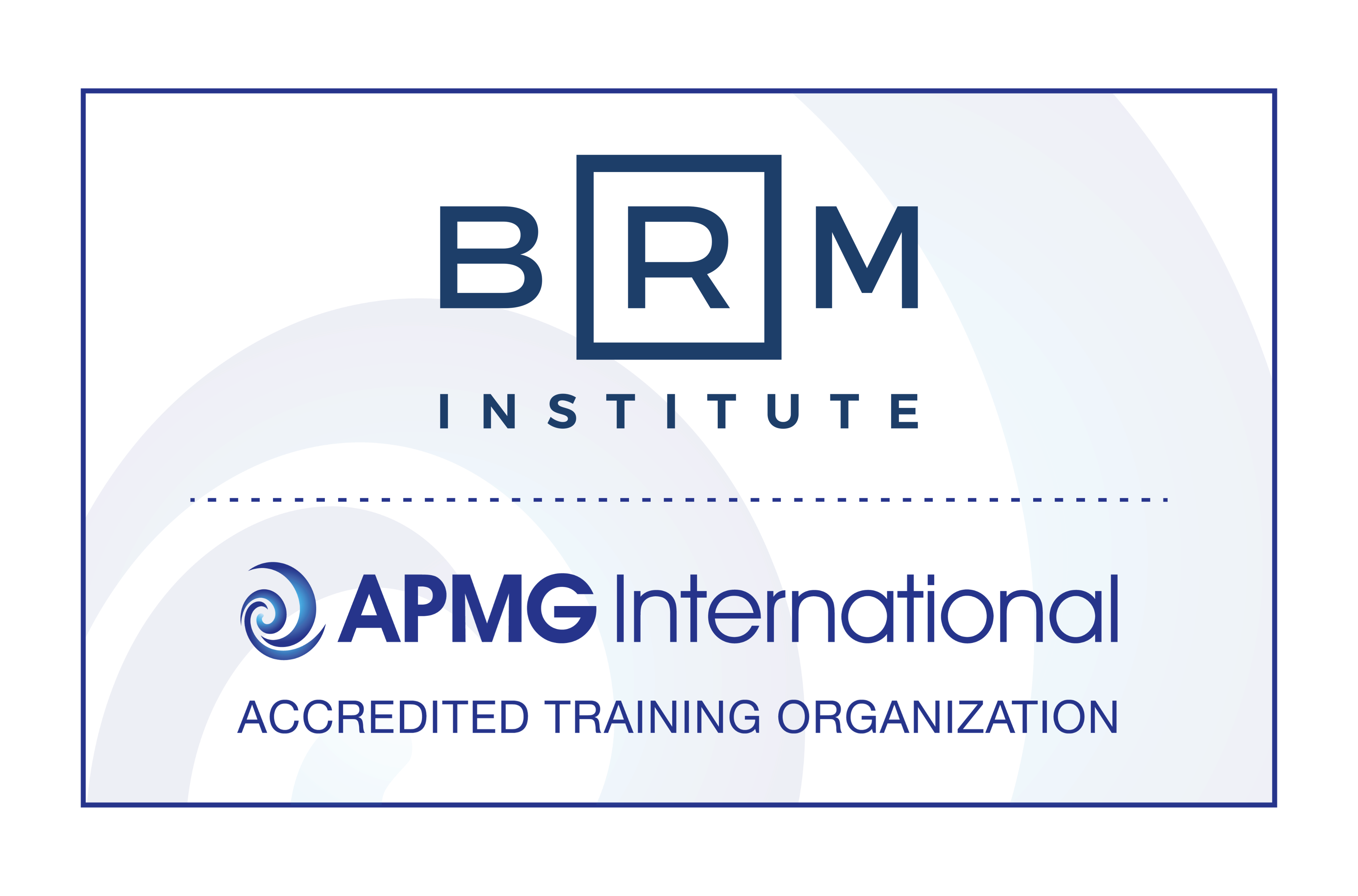Resource Center
- White Papers & Articles
- Career Resources
- Tools, Templates & Checklists
- Webinars & Events
- Client Spotlights
- Industry Spotlights
- Video Library
The Most Important Relationship: Tips for Managing Up
By Maya Townsend, MSOD
Is your biggest  problem your boss? Read this article for tips and techniques for managing the most important of workplace relationships.
problem your boss? Read this article for tips and techniques for managing the most important of workplace relationships.
The relationship with your boss is one of the most important in the workplace. Your boss has the power to recommend you for new assignments, stretch goals, high-profile teams, promotions, and raises. She can make your life miserable or help you achieve your goals. Yet, despite the importance of this relationship, there are many more books on how to manage direct reports than how to manage bosses. This article explores four factors — style, context, relationship, and urgency — to consider before giving up on the relationship with your boss.
The Style Factor
Your boss can’t seem to create a plan to save his life and it’s driving you nuts. Yes, your boss may have been promoted beyond his level of competency. It’s also possible — and much less frustrating to manage — if it’s a simple style issue.
People are wired in different ways. Some of us can’t live without action items and project plans. Others find lists to be overly constricting, tedious, and counterproductive.
 Bridging the style gap is easier than it sounds. For years, assessment tools like the Myers-Briggs Type Indicator, FIRO-B, DiSC, Insights, and others have identified people’s preferences and “defaults”: the behaviors that they return to over and over again, particularly during times of fatigue and stress. By gaining awareness of your own defaults, you can quickly and easily identify the gaps between the styles of you and your boss.
Bridging the style gap is easier than it sounds. For years, assessment tools like the Myers-Briggs Type Indicator, FIRO-B, DiSC, Insights, and others have identified people’s preferences and “defaults”: the behaviors that they return to over and over again, particularly during times of fatigue and stress. By gaining awareness of your own defaults, you can quickly and easily identify the gaps between the styles of you and your boss.
For more information on this topic, as well as how Corporate Education Group can help optimize your organization's performance, contact us or call 1.800.288.7246 (US only) or +1.978.649.8200.
Common style clashes occur around a few predictable issues:
- Attitude towards uncertainty: Do you prefer to respond in the moment and create as you go while your boss can’t function without a plan? Or vice versa?
- Attitude towards time: Are you always 5 minutes early to meetings while your boss can show up 10 minutes late? Or vice versa?
- Attitude towards control: Do you like to work loosely and independently while your boss prefers to control processes tightly and review work? Or vice versa?
- Information processing: Do you need quiet time to process information and think through courses of action while your boss doesn’t seem to be able to function without talking? Or vice versa?
Having a conversation about style can be easy and non-confrontational. By referring to what you know to be true — that people have different orientations and attitudes towards things like uncertainty and time — you move out of the blaming trap into a problem-solving discussion. The conversation shifts from “I think you’re crazy because you don’t plan” to “We have different orientations towards planning. Let’s talk about what we’ll do to satisfy both of our needs.”
The Context Factor
It’s easy to blame your boss for not getting back to you on time or not prioritizing your needs. You know you’re calling for a good reason, but she just doesn’t seem to understand that you need her help now!
Before getting angry, consider the context in which your boss operates. Most leaders function in worlds of complexity. They’re pulled in multiple directions. They manage diverse constituencies. They’re thrown curve balls every day while being expected to keep all the balls in the air.
In this world of complexity and responsibility, your phone call is a blip on the screen, a whisper of noise amidst the deafening roar. So how do you make your important issue become her important issue? Try these techniques:
- Choose your moment. You probably already know the best times to approach your boss. Perhaps it’s first thing in the morning… or perhaps it’s deadly to talk before she’s had her coffee. In any case, choose your moment wisely, when she can focus on you and when she’s fairly calm.
- Plan your message. In the world of complexity, bosses are often overwhelmed by the amount of problems to solve and issues to address. Break the mold by thinking through your message before approaching your boss. What is the bottom line? What is the impact on the business? What are some options you’ve explored? What do you need from her? That way, when you talk, you know what you want, what you need, and how to say it so that she can hear it.
- Link to her concerns. What does your boss care about? What makes her tick? What are her pet peeves? What is she being called on to deliver by her bosses? Before entering her office, think through her context. What is on her mind? How does resolving your issue help address her issues?
For more information on this topic, as well as how Corporate Education Group can help optimize your organization's performance, contact us or call 1.800.288.7246 (US only) or +1.978.649.8200.
The Relationship Factor
Your boss seems to spend all of his free time with one of your colleagues. Their kids are on the same soccer team and so the two see each other outside of work. Why aren’t you surprised, then, that your colleague’s projects get more attention than yours?
Relationships fuel interactions in organizations. The more someone trusts you, the more likely that person is to seek you out for advice, listen to your requests, and collaborate with you. It’s no different with your boss. Like you, he tends to go to the people he trusts. Are you one of those people?
Often people mistake “building relationships” for becoming intimate friends with colleagues. Not true! There’s no need to tell your boss about your drunken college hijinks or the details of your recent doctor’s appointment. However, you do need to know enough about your boss to let him know that you understand and support him. Here are some questions to help you assess how well you know your boss:
- What is your boss’s family situation? Does he have children? Young or grown?
- What are your boss’s hobbies and/or habits outside of work? Does he ski, breed Yorkshire terriers, or grow organic vegetables?
- How does he like people to communicate with him? By phone, email, in person, some other way?
- Which tasks does he prefer to delegate? In which tasks does he like to participate?
- What things can you do to help him out that he’ll deeply appreciate?
Can you answer all of the questions? None? If you don’t know very much about your boss, it’s time to start learning... and then acting on what you know. Perhaps that means covering for your boss when he picks up his sick 6 year old or including him in tasks involving R&D, his favorite function. Then, when you need him to listen, he’ll be more likely to be there for you since you’ve so clearly been there for him.
The Urgency Factor
And, finally, remember the story of the boy who cried wolf. He kept sounding false alarms — the wolves are here! — to see if the villagers would really come. They did, but eventually, they got tired. And when the real wolves showed up, they didn’t respond to the boy’s alarm and he was forced to confront them himself.
Make sure that the alarms you’re sounding are real ones. Think through how you want to use your boss. Do you really want to use her for this issue? Or can it wait? Plan your time with her wisely, and you’ll be much more successful managing up.
For more information on this topic, as well as how Corporate Education Group can help optimize your organization's performance, contact us or call 1.800.288.7246 (US only) or +1.978.649.8200.
About the Author:
Maya Townsend, founder and principal consultant of Partnering Resources builds aligned, focused, learning organizations that execute their goals more effectively. For more information, please visit: www.partneringresources.com.







